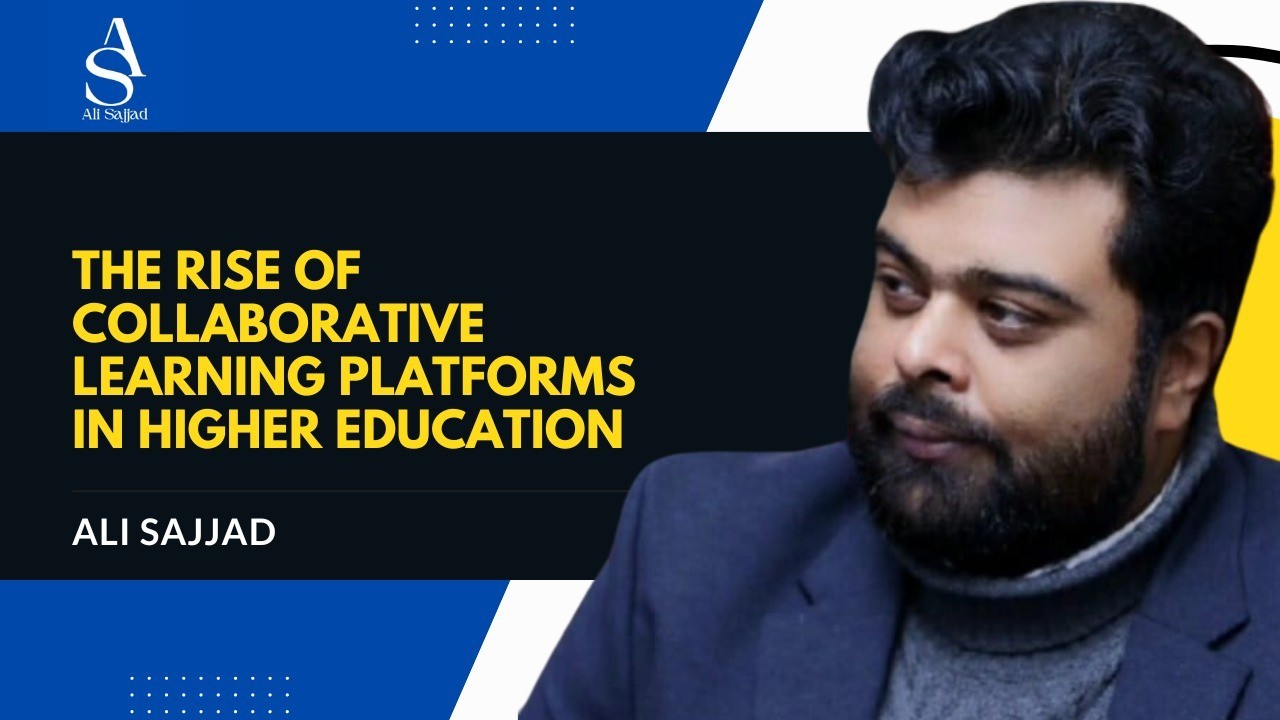The Rise of Higher Learning

A New Era of Education and Ambition
In today’s fast-paced and knowledge-driven world, the pursuit of higher learning has become more than just a path to a degree—it’s a commitment to growth, adaptability, and opportunity. More people than ever before are enrolling in colleges, universities, and specialized programs because they recognize that education is not only a tool for career advancement but also a foundation for personal development. The modern economy rewards those who think critically, innovate, and evolve with changing technologies, making higher education a key component of long-term success. Beyond professional aspirations, higher learning offers individuals the chance to explore their passions, expand their worldviews, and build confidence in their abilities. The value of education has transformed from a privilege into a necessity in an era where information and innovation drive progress.
This surge in interest in higher learning is largely influenced by the rapid evolution of industries and technology. Traditional career paths have shifted, with automation, artificial intelligence, and globalization reshaping the workforce. Many roles that existed even a decade ago have changed drastically or disappeared altogether, while entirely new fields have emerged. To remain relevant and competitive, individuals are turning to higher education programs that equip them with modern skills—whether in technology, business, healthcare, or creative fields. For many, the decision to pursue further education is not just about earning a diploma but about future-proofing their careers and gaining a deeper understanding of a world in constant motion.
The Expanding Definition of Higher Learning
Higher learning today extends far beyond the traditional four-year university model. It now includes vocational training, online certifications, graduate degrees, and continuing education programs that allow learners to specialize or pivot in their careers. The flexibility of modern education has made it more accessible than ever before. Online platforms and hybrid models allow students to balance work, family, and study—removing barriers that once limited access to higher education. This shift has empowered individuals from all walks of life to pursue their goals, regardless of location or schedule.
What’s most compelling about today’s higher learning landscape is how it emphasizes practical knowledge and lifelong learning. Institutions are aligning their curricula with real-world needs, incorporating technology, communication, and critical thinking into nearly every discipline. Many programs now integrate internships, research projects, and experiential learning, allowing students to apply theoretical knowledge to tangible challenges. This approach not only enhances understanding but also prepares graduates to contribute immediately to their chosen industries. The emphasis is shifting from simply earning credentials to mastering adaptable skills that translate across fields.
The democratization of education has also been a major factor driving people toward higher learning. The rise of online universities and open-access courses has made it possible for anyone with an internet connection to gain world-class knowledge. Students can now learn from professors at top institutions or professionals at the forefront of their industries without physically stepping onto a campus. This accessibility has opened the door to new possibilities for those who once viewed higher education as out of reach—reinforcing the idea that learning is for everyone, at every stage of life.
The Emotional and Psychological Rewards of Learning
While the professional and economic advantages of higher education are often emphasized, the emotional and psychological benefits are equally profound. Engaging in higher learning expands more than just the intellect—it nurtures self-discipline, confidence, and a sense of purpose. For many students, especially adult learners returning to school, education serves as a transformative experience that reignites curiosity and ambition. The process of studying, engaging with diverse perspectives, and achieving milestones fosters resilience and personal growth.
Higher education also provides a community—a network of peers, mentors, and professionals who inspire collaboration and support. In an increasingly digital and isolated world, these connections can be life-changing. The shared pursuit of knowledge encourages empathy, teamwork, and communication, skills that extend beyond the classroom and into every aspect of life. Many who pursue higher learning find that it reshapes their identity, giving them a renewed sense of empowerment and belonging.
The mental stimulation associated with education has lasting effects on brain health as well. Studies show that continual intellectual engagement strengthens cognitive function and helps prevent decline as people age. The act of learning—analyzing, creating, and synthesizing information—keeps the mind active and adaptable. This makes higher education not just an investment in one’s career but also in lifelong well-being.
The Benefits of Continuous Learning
A central reason many pursue higher education is the understanding of the benefits of continuous learning—the idea that learning should not stop once a degree is earned but continue throughout life. Continuous learning enables individuals to stay agile in an ever-evolving economy, adapt to new technologies, and remain intellectually curious. The benefits of continuous learning go beyond career growth—it cultivates creativity, problem-solving skills, and open-mindedness. By consistently acquiring new knowledge, individuals can identify opportunities that others may overlook and respond effectively to change.
In a professional sense, continuous learning ensures relevance. As industries shift, those who actively seek out new skills remain indispensable. Employers increasingly value candidates who demonstrate a commitment to personal and professional growth. These learners tend to be more innovative, self-motivated, and confident in navigating complex environments. But beyond the workplace, the benefits of continuous learning also enhance personal fulfillment. Lifelong learners report higher levels of satisfaction because they feel engaged with the world, curious about new ideas, and empowered to take on new challenges.
Many higher education institutions now design programs that support this philosophy, offering alumni learning access or flexible certifications that can be pursued long after graduation. In doing so, they reinforce the concept that education is not a one-time achievement but a continual process of evolution. The benefits of continuous learning are not confined to academics—they represent a mindset that values growth over complacency.
Adapting to a Future of Change
The decision to pursue higher learning is also a reflection of the times we live in. The global landscape is shifting—economically, socially, and technologically—at a pace never before seen. Higher education offers a way to navigate this uncertainty with confidence. It equips individuals with critical thinking skills, digital literacy, and cultural awareness—qualities that are essential in the modern world. As automation transforms industries and global interconnectivity reshapes commerce, adaptability has become the most valuable trait a person can possess.
For younger generations, higher education serves as a launching pad for innovation and entrepreneurship. For working professionals, it’s an opportunity to reskill or reinvent their careers. For lifelong learners, it’s a way to stay engaged and connected to the future. In all cases, the choice to learn more represents hope—a belief in one’s ability to grow and adapt regardless of age or circumstance.
The rise of higher learning also signals a cultural shift toward valuing knowledge and self-improvement over status or material gain. Education empowers people to make informed decisions, contribute meaningfully to their communities, and think critically about the world’s challenges. This ripple effect extends beyond individuals, strengthening societies and economies alike.
Conclusion: Learning as a Lifelong Path
The growing trend of pursuing higher learning programs reflects a collective understanding that progress—personal, professional, and societal—depends on education. Whether through a traditional degree, online course, or vocational certification, the pursuit of knowledge enriches every aspect of life. It sharpens the mind, fuels ambition, and builds resilience in the face of change.
The benefits of continuous learning remind us that education does not end with graduation—it evolves with us, shaping who we become and how we contribute to the world. In choosing to learn, people choose growth, adaptability, and empowerment. Higher education, in all its forms, is not simply a means to an end—it is a lifelong journey that transforms both the individual and the society they inhabit.


